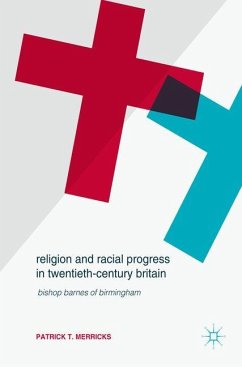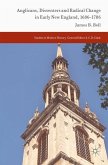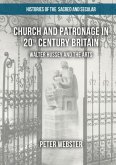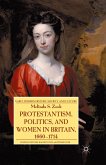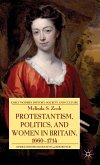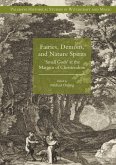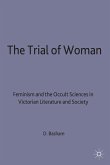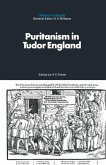This book is the first in-depth analysis of Ernest William Barnes' Christian-eugenic philosophy: 'bio-spiritual determinism'. As a testament to the popularity of the movement, mid-twentieth century British eugenics is contextualized within a remarkably diverse selection of discourses including secular and Anglican interpretations of modernism, poverty, population, gender equality, pacifism and racism. This begins to address the scholastic gap on Christian eugenics while highlighting the perseverance of eugenic racism after World War Two.
Bitte wählen Sie Ihr Anliegen aus.
Rechnungen
Retourenschein anfordern
Bestellstatus
Storno

